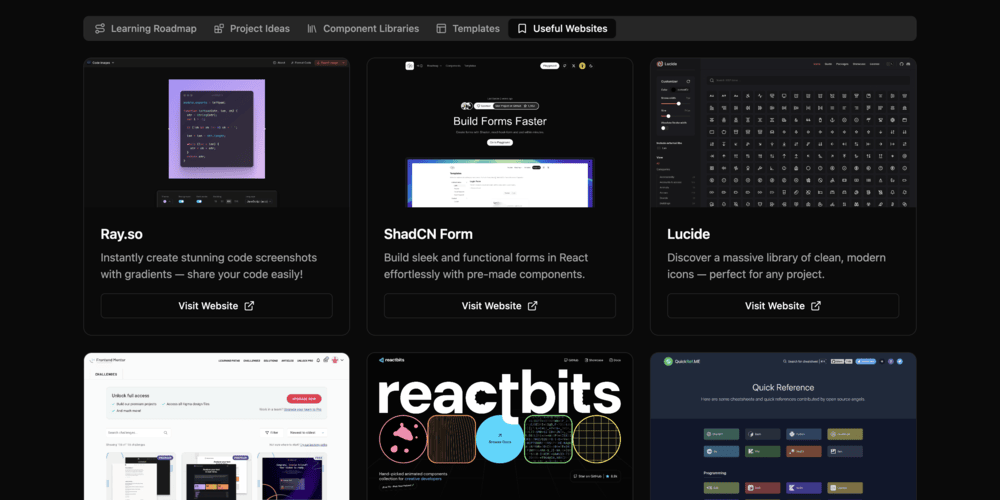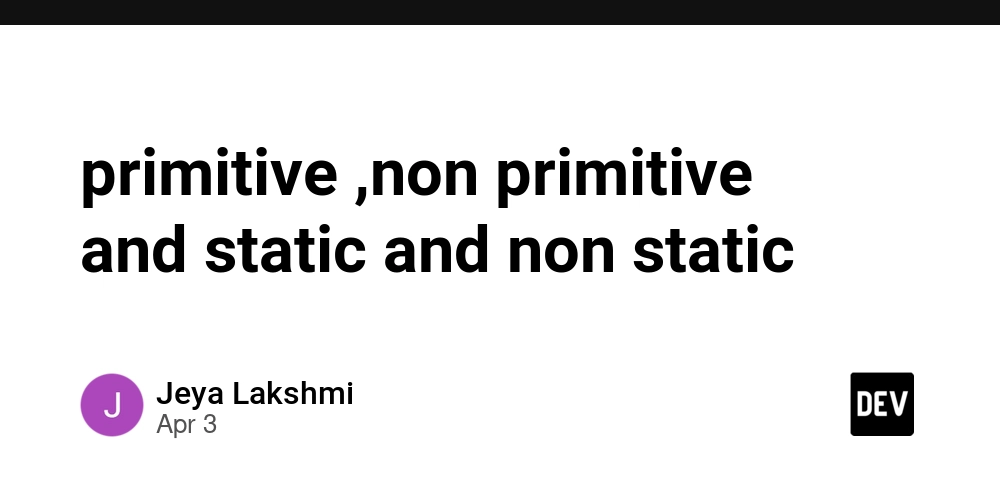Simplifying API Promise Handling in Next.js 15
In modern Next.js 15 applications, API routes often deal with asynchronous operations like database queries, authentication, and data fetching. Handling these properly requires structured error management to avoid unexpected crashes. In our previous blogs, we built: A structured API response helper → serverResponse Read here A request body parser → getJsonBodyData Read here Now, we’ll take it one step further by creating a universal API promise resolver to eliminate try-catch repetition across all API routes. Why Use a Promise Resolver for API Routes? ❌ Without it, every API function needs a try-catch block, leading to redundant code. ❌ Error handling becomes inconsistent, making debugging harder. ❌ Missed edge cases might cause APIs to crash unexpectedly. ✅ With a reusable promise resolver, we centralize error handling, reduce boilerplate, and ensure clean API code. Building the serverAsyncResolve Helper in Next.js 15 Step 1: Creating the Promise Resolver Function Let’s build a universal try-catch wrapper for Next.js 15 API routes: import type { NextResponse } from "next/server"; import serverResponse from "@/helpers/server-helper/serverResponse"; import type { ServerResponseType } from "@/types"; export default async function serverAsyncResolve( asyncCallback: () => Promise, ): Promise { try { return await asyncCallback(); } catch (err) { if (err instanceof Error) { switch (err.name) { default: return serverResponse({ success: false, error: err.message, status: 500, }); } } return serverResponse({ success: false, error: "Something went wrong", status: 500, }); } }
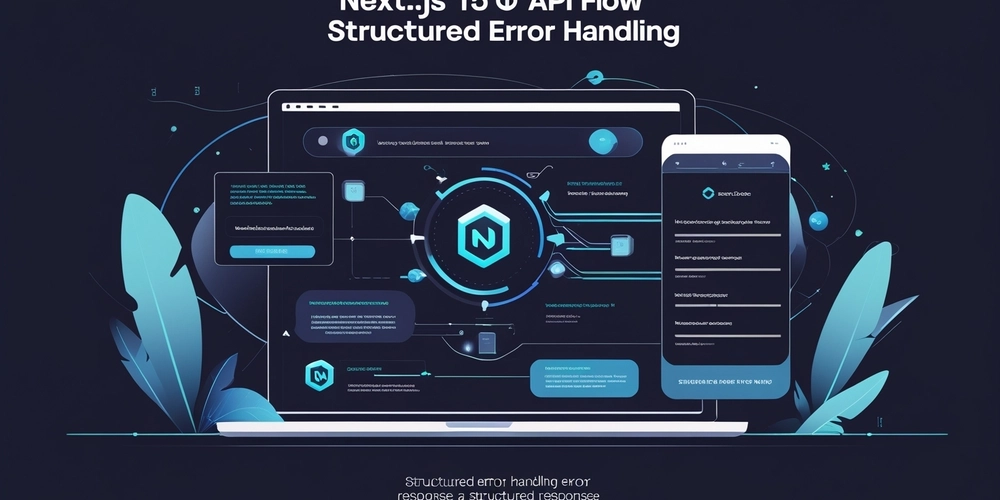
In modern Next.js 15 applications, API routes often deal with asynchronous operations like database queries, authentication, and data fetching. Handling these properly requires structured error management to avoid unexpected crashes.
In our previous blogs, we built:
- A structured API response helper →
serverResponseRead here - A request body parser →
getJsonBodyDataRead here
Now, we’ll take it one step further by creating a universal API promise resolver to eliminate try-catch repetition across all API routes.
Why Use a Promise Resolver for API Routes?
❌ Without it, every API function needs a try-catch block, leading to redundant code.
❌ Error handling becomes inconsistent, making debugging harder.
❌ Missed edge cases might cause APIs to crash unexpectedly.
✅ With a reusable promise resolver, we centralize error handling, reduce boilerplate, and ensure clean API code.
Building the serverAsyncResolve Helper in Next.js 15
Step 1: Creating the Promise Resolver Function
Let’s build a universal try-catch wrapper for Next.js 15 API routes:
import type { NextResponse } from "next/server";
import serverResponse from "@/helpers/server-helper/serverResponse";
import type { ServerResponseType } from "@/types";
export default async function serverAsyncResolve<T>(
asyncCallback: () => Promise<NextResponse<ServerResponseType<T>>>,
): Promise<NextResponse<ServerResponseType<T>>> {
try {
return await asyncCallback();
} catch (err) {
if (err instanceof Error) {
switch (err.name) {
default:
return serverResponse({
success: false,
error: err.message,
status: 500,
});
}
}
return serverResponse({
success: false,
error: "Something went wrong",
status: 500,
});
}
}










































































































































































![[The AI Show Episode 142]: ChatGPT’s New Image Generator, Studio Ghibli Craze and Backlash, Gemini 2.5, OpenAI Academy, 4o Updates, Vibe Marketing & xAI Acquires X](https://www.marketingaiinstitute.com/hubfs/ep%20142%20cover.png)















































































































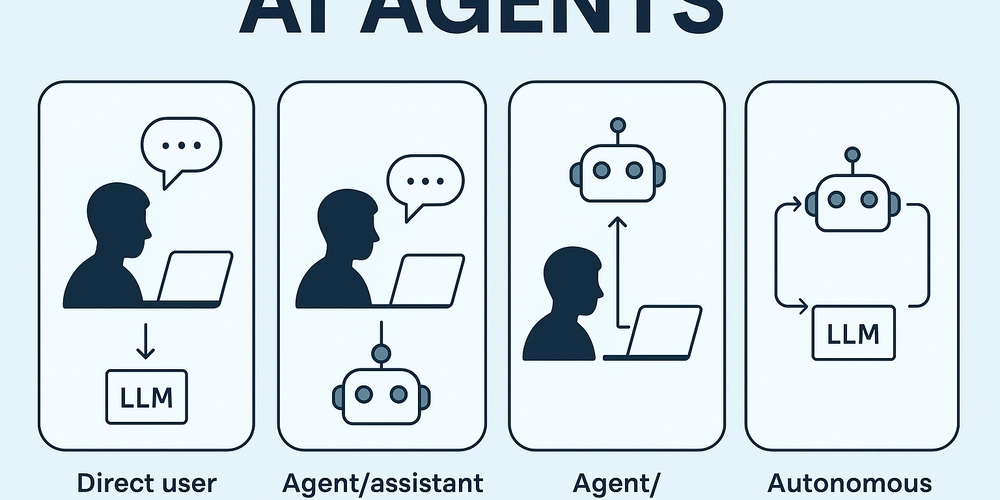
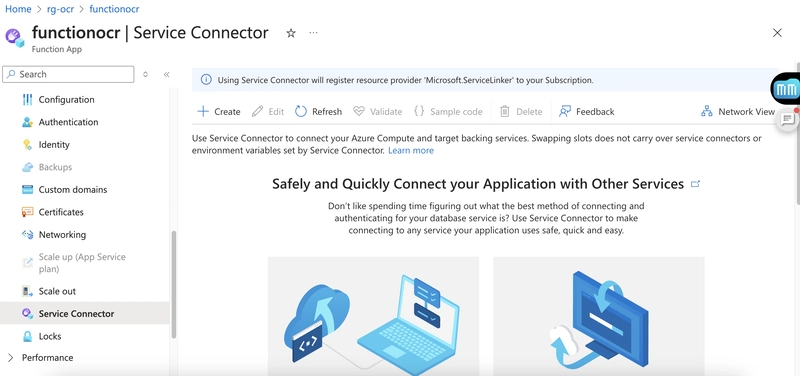










![[FREE EBOOKS] The Kubernetes Bible, The Ultimate Linux Shell Scripting Guide & Four More Best Selling Titles](https://www.javacodegeeks.com/wp-content/uploads/2012/12/jcg-logo.jpg)



![From drop-out to software architect with Jason Lengstorf [Podcast #167]](https://cdn.hashnode.com/res/hashnode/image/upload/v1743796461357/f3d19cd7-e6f5-4d7c-8bfc-eb974bc8da68.png?#)






































































































.png?#)




.jpg?#)
































_Christophe_Coat_Alamy.jpg?#)







































































































![Rapidus in Talks With Apple as It Accelerates Toward 2nm Chip Production [Report]](https://www.iclarified.com/images/news/96937/96937/96937-640.jpg)






































































































































